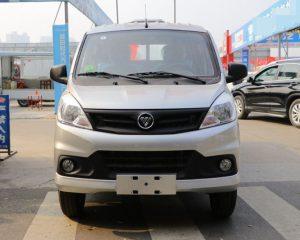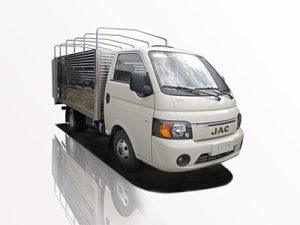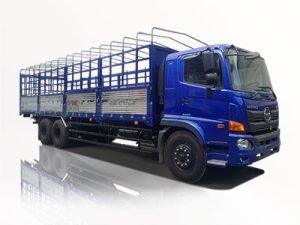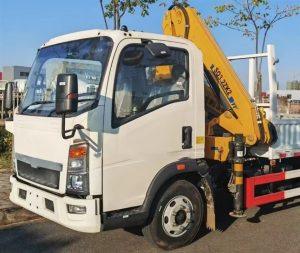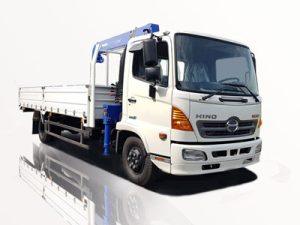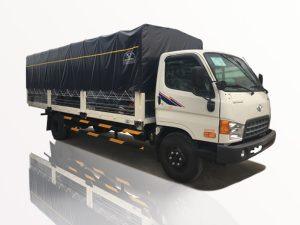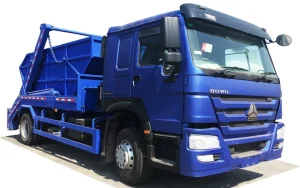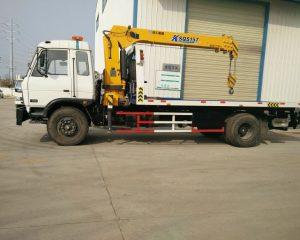Monday to Saturday - 8:00 -17:30
How Much Does an Armored Truck Weigh?
When it comes to security and transportation of valuables, armored trucks play a crucial role. These robust vehicles are built to withstand attacks and ensure the safe transit of high-value goods. One of the frequently asked questions regarding armored trucks is, “How much does an armored truck weigh?” This article delves deep into the topic, exploring various factors that affect the weight of armored trucks, their specifications, types, and more.
Understanding Armored Trucks
What is an Armored Truck?
An armored truck, also known as a cash-in-transit vehicle, is designed to transport cash, valuables, and other sensitive items securely. They are fortified with enhanced protective features such as reinforced shells and bulletproof glass, essential for the safety of personnel and cargo.
The Importance of Weight in Armored Trucks
The weight of an armored truck is crucial for several reasons:
- Safety: A heavier truck may provide more protection against attacks.
- Stability: The weight distribution affects the vehicle’s handling and stability.
- Legal Regulations: There are legal weight limits for vehicles on public roads.
Factors Influencing the Weight of Armored Trucks
Type of Armoring
The primary factor affecting the weight of an armored truck is the type and level of armoring applied. Different types of armor include:
- Lightweight Armor: Typically made from materials like Kevlar, these trucks weigh less but offer less protection.
- Medium Armor: A balance of weight and protection; often used for cash transport.
- Heavy Armor: Made of steel or composite materials; provides maximum protection but adds significant weight.
Vehicle Base Model
The base model of the truck significantly impacts its weight. Different manufacturers produce armored vehicles based on various models, including:
- Ford F-Series
- Mercedes-Benz Sprinter
- Dodge Ram
Payload Capacity
The payload capacity also influences the overall weight. The maximum load a truck can carry, including cash and other valuables, is a critical consideration during its design.
Equipment and Modifications
Additional equipment, such as advanced surveillance systems, navigation tools, and communication devices, can add to the truck’s weight. Custom modifications to enhance the truck’s security features may also influence overall weight.
Average Weight of Armored Trucks
Standard Weight Ranges
Armored trucks typically weigh between 10,000 to 30,000 pounds (4,500 to 13,600 kg). However, specific models may deviate from this range. Here’s a general breakdown:
| Type of Armored Truck | Average Weight (lbs) | Average Weight (kg) |
|---|---|---|
| Lightweight Armored Van | 10,000 – 12,000 | 4,500 – 5,400 |
| Medium Armored Truck | 15,000 – 20,000 | 6,800 – 9,100 |
| Heavy Duty Armored Truck | 25,000 – 30,000 | 11,300 – 13,600 |
Popular Armored Truck Models and Their Weights
Some well-known models include:
- GMC Savana Armored Van: Approx. 12,000 lbs (5,400 kg)
- International Durastar: Approx. 22,000 lbs (10,000 kg)
- Ford F-550 Armored Truck: Average weight of 18,000 lbs (8,200 kg)
Real-World Applications of Armored Trucks
Cash Transport Services
Armored trucks are predominantly used by cash transport service companies, ensuring that large sums of money are delivered securely between banks, businesses, and other financial institutions.
Jewelry and Art Transport
High-value items like jewelry and artworks often require armored transport during exhibitions, auctions, and deliveries. Armored trucks ensure their safety throughout the process.
Government and Military Use
Government entities and military operations also utilize armored vehicles for transporting sensitive materials and personnel, particularly in high-risk scenarios.
Choosing the Right Armored Truck
Assessing Security Needs
When selecting an armored truck, first assess your security needs. Understand the risks associated with transporting your goods and choose the necessary level of armor.
Budget Considerations
Armored trucks come at various price points depending on the level of protection, features, and brand. Ensure your choice aligns with your budget without compromising security.
Consulting Professionals
It’s advisable to consult professionals who specialize in armored vehicles. They can provide crucial insights into the different options available based on your unique requirements.
Maintenance of Armored Trucks
Regular Inspections
Routine inspections are vital to ensure the vehicle’s armoring and operational capabilities remain intact. Emphasis should be placed on brakes, tires, and armor condition.
Weight Management
Managing the weight of the truck is essential for performance. Regularly assess payloads and avoid exceeding legal limits to ensure smooth operation and compliance with regulations.
Professional Servicing
Utilizing professional servicing for armored trucks ensures all protective features and mechanisms are in optimal condition. Regular maintenance can prevent costly repairs down the line.
Future Trends in Armored Truck Design
Innovative Materials
The future of armored vehicles may revolve around innovative materials that provide lighter weights without sacrificing safety. Advanced composites and lightweight metals are being explored for this purpose.
Technological Advancements
Technological improvements in surveillance and tracking systems are expected to revolutionize how armored trucks operate, enhancing overall security and monitoring capabilities.
Green Vehicles
As the focus on sustainability grows, future armored trucks may incorporate green technologies, such as electric or hybrid engines, leading to renewable energy usage in conjunction with heavy-duty requirements.
Frequently Asked Questions
1. How much does an average armored truck weigh?
The average weight of armored trucks typically falls between 10,000 to 30,000 pounds (4,500 to 13,600 kg), depending on the build and desired protection level.
2. Can the weight of an armored truck affect its performance?
Yes, the weight significantly influences the truck’s handling, fuel efficiency, and overall performance. Proper weight management is essential for operational efficacy.
3. What materials are used in the armoring process?
Armoring materials can include steel, Kevlar, composite materials, and bullet-resistant glass, each providing varying levels of protection.
4. Are armored trucks only for transporting cash?
While they are primarily used for cash transport, armored trucks also secure high-value items such as jewelry and artwork, as well as government personnel and sensitive material transport.
5. How often should armored trucks undergo maintenance?
Armored trucks should have regular inspections and maintenance similar to standard vehicles, with more frequent checks on protective features and operational systems.
6. What is the most secure type of armored truck?
The most secure types of armored trucks are heavy-duty models, often made from steel or advanced composite materials, designed to withstand ballistic attacks.


